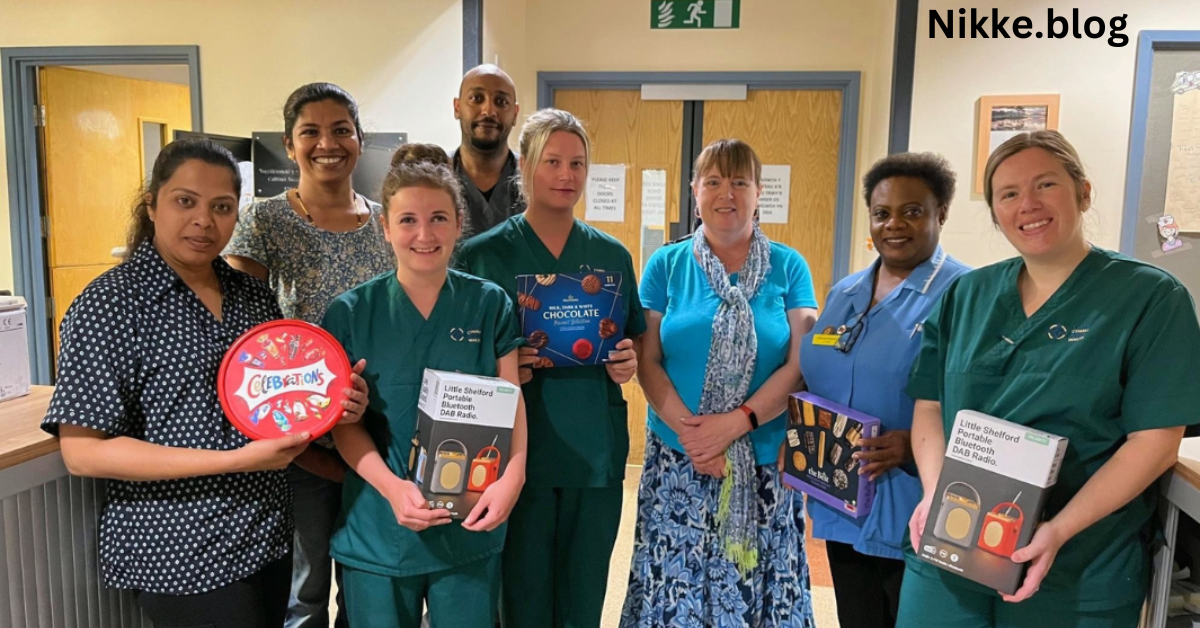Memory is an essential part of our everyday lives, impacting everything from personal experiences to professional performance. For many, enhancing memory means finding a mindful way to navigate thoughts and retain information effectively. This is where the concept of “Dab Memory James” comes in—a unique approach combining memory techniques with mindfulness to boost focus, creativity, and recall.
In this article, we’ll explore “Dab Memory James,” delve into memory improvement strategies, and understand how creativity and mindfulness intertwine to support a healthy mind.
What is Memory and Why it Matters
Memory is our brain’s way of encoding, storing, and retrieving information. It helps us remember past experiences, build knowledge, and even shape our personality. Memory is generally categorized into short-term and long-term memory. While short-term memory helps us with quick tasks, like remembering a phone number for a few seconds, long-term memory stores information we recall days, months, or years later.
In today’s fast-paced world, memory challenges are common, especially with the overload of information we face daily. Strategies to improve memory can have a profound impact on our ability to learn and create. Incorporating mindfulness, or the practice of being fully present, plays a vital role in boosting memory as it helps us focus on and retain information better.
Who is James? – The Role of Key Figures in Memory Studies
“James” could refer to William James, a key figure in psychology who made foundational contributions to memory studies. William James’s research emphasizes that our mental states are not isolated but linked through thoughts and experiences. His approach encourages using mindfulness techniques to enhance memory, a practice widely recognized today.
Mindfulness and creativity have been shown to influence how we encode and recall memories, supporting the idea that memory improvement requires more than rote memorization. Techniques inspired by James’s approach encourage slowing down, practicing presence, and using creative thinking to anchor memories.
Dab Techniques to Boost Memory
The “Dab” technique, in this context, refers to a simple mindfulness-based exercise for memory recall. This technique involves short, focused mental breaks or “dabs” where one stops, takes a breath, and consciously resets focus. This mindful act helps clear the mind and improve attention span, making it easier to encode and retrieve memories.
Here’s how you can practice the “Dab” technique:
- Step 1: Stop and focus – Pause whatever you’re doing, even if it’s just for 10–15 seconds.
- Step 2: Take a deep breath – Breathe in slowly and focus on the sensation, helping clear distractions.
- Step 3: Observe your surroundings – Notice any details around you or even visualize the information you want to remember.
- Step 4: Proceed mindfully – Continue your task with renewed focus.
Regularly using this technique helps train the brain to maintain attention and recall information more effectively.
Memory Techniques Named After James
Drawing from William James’s principles, some memory techniques use storytelling and association to reinforce memory. For example, visual associations are a powerful tool. By linking new information to an image, story, or even an unusual idea, you make it easier for your brain to retrieve the information later.
To use this technique:
- Visualize the Information: Imagine a vivid picture that represents the information you want to remember.
- Associate it with a Story: Create a short, memorable story that relates to the concept or fact.
- Review and Recall: Practice recalling the story a few times to lock it into memory.
These techniques make information memorable by adding context and significance, which supports long-term recall.
Practical Applications of Dab Memory James
You can apply Dab Memory James techniques in various aspects of life, from academics to work tasks. Here are some practical uses:
- Studying for Exams: Use the Dab technique to refocus between study sessions. Visualize and create stories around key concepts for better retention.
- Work Presentations: If you’re preparing for a presentation, use visual associations to memorize points and reduce the stress of forgetting.
- Daily Tasks and Names: For everyday details like names or to-do lists, the Dab technique can help keep you attentive and less likely to forget.
Benefits of Dab Memory James for Mental Health
Memory improvement techniques are beneficial for mental health. Mindful memory techniques reduce stress by helping individuals focus on the present moment and lower anxiety about forgetting details. This practice not only improves focus but also helps with mood regulation, making the mind feel lighter and less stressed.
Research supports that mindfulness practices, such as those inspired by Dab Memory James, can improve overall well-being by reducing worry and boosting self-confidence. Mindful techniques teach us to manage our mental resources, keep track of important information, and minimize the effects of distraction.
Tips for Maintaining a Strong Memory
Here are a few lifestyle changes and practices to strengthen memory:
- Regular Exercise: Physical activity boosts blood flow to the brain, which supports cognitive function and memory.
- Balanced Diet: A diet rich in omega-3s, antioxidants, and vitamins has been linked to better memory retention.
- Sleep Quality: Quality sleep is essential for memory consolidation, making it a priority for anyone looking to enhance recall.
- Daily Brain Exercises: Regularly challenge your brain with puzzles, reading, or memory games to keep your mind sharp.
Conclusion
Incorporating techniques like Dab Memory James into daily life offers a path toward better memory, mindfulness, and creativity. By practicing memory techniques that emphasize mindfulness and creative association, we can enhance our ability to focus, retain information, and build a more balanced mental state. Small changes, practiced consistently, can lead to a lasting improvement in memory and a more present mindset, ultimately enriching our daily experiences.
